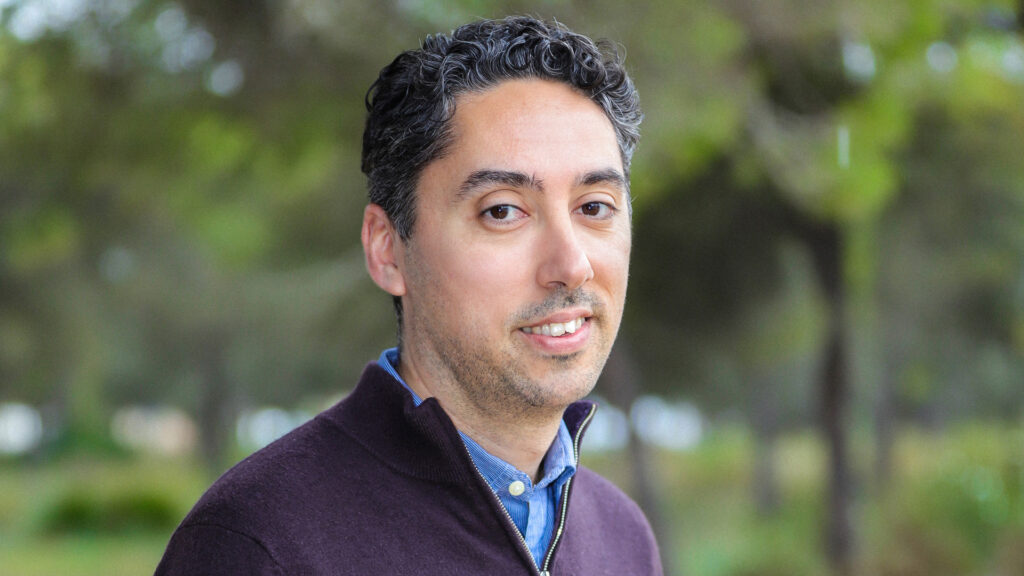João Cascalheira, researcher at the Interdisciplinary Center for Archeology and Evolution of Human Behavior (ICArEHB) at the University of Algarve, received a grant of 1,9 million euros, to finance the project “FINISTERRA – Population trajectories and cultural dynamics of the last Neanderthals in western Europe” .
This consolidation grant (Consolidator Grants) was one of 313 awarded by the European Research Council (ERC), among 2652 applications from 24 countries.
“The ERC Consolidator program is one of the most competitive and prestigious in the world of science. It is aimed at researchers in the team consolidation phase, with 7 to 12 years of experience since completing their PhD, who have a promising scientific curriculum and present an excellent research proposal. The ERC Consolidator Grants can be awarded up to a value of 2 million euros, for a period of 5 years», according to UAlg.
“The causes for the disappearance of Neanderthals are not well known, but it is known that the process was different in different regions of Europe. The most likely hypotheses for its extinction are the competition with Homo sapiens (which started to gradually occupy Europe from 45 thousand years ago) or the very frequent and drastic changes in climate that occurred in this period. FINISTERRA's main objective is to investigate the processes behind this disappearance», explains João Cascalheira.
«This fellowship will consolidate ICArEHB's position as a center of excellence in Portugal and open doors for it to become one of the European leaders in the study of human evolution and prehistoric archaeology. UAlg will become the main national center of excellence for all students interested in prehistory”, he added.
The research will be carried out by an interdisciplinary team, and seven new researchers are expected to be hired.
As part of “Finisterra”, “field work will be carried out at various archaeological sites located in Portugal and southern Spain, from which data will be collected to characterize various aspects of the life of the last Neanderthals, including their diet, what utensils they used, and what kind of environments and climate they lived in'.
«These data will later be used to build computational and statistical models that will test various hypotheses for the disappearance of Neanderthals», adds the Algarve university.
The acronym FINISTERRA (end of the earth) «comes from the double meaning that the Iberian Peninsula, being in the extreme west of Europe, was one of the last regions of continental Europe to be inhabited by Homo sapiens, and was also the last stronghold for the Neanderthal populations before their extinction'.
“The project has extraordinary potential to achieve groundbreaking results in understanding one of the most important turning points in the history of human evolution. After all, the factors that contributed to the disappearance of Neanderthals were responsible for our success in becoming the only species currently occupying planet Earth», concludes João Cascalheira.
This is the second ERC grant awarded to ICArEHB researchers at the University of Algarve and the second time that an ERC scholarship in Archeology has been awarded to Portugal.
On the importance of ERC grants, Maria Leptin, President of the European Research Council, says that "even in times of crisis, conflict and suffering, it is our duty to keep science on the right track and give freedom to the brightest minds to explore the your ideas".
“We don't know today how their work could revolutionize tomorrow – we know they will open new horizons, help satisfy our curiosity and probably help us prepare for unpredictable future challenges”, he added.
The ERC, established by the European Commission in 2007, operates in accordance with the principles of scientific excellence, open science, autonomy, efficiency, effectiveness, transparency, responsibility and research integrity ensured by the European Commission.




















Comments